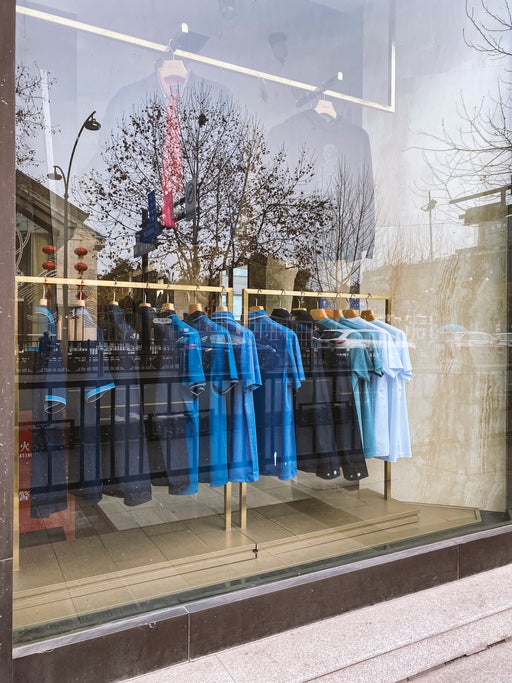
Nextil explains the primary reason behind setting up a manufacturing unit in Italy is to offer “Made in Italy” garments to Italian and French luxury brands, which is a prerequisite required by most operators in this field.
The new plant will operate under the label Nextil Luxury and be responsible for Nextil’s end-to-end production process in Italy. The manufacturer further states that the factory will initially employ 20 people and all of Nextil’s activity in Italy will be completed with a commercial network distributed across the country.
The strategic location in Bologna, as Nextil points out, corresponds to the viable connectivity with regions like Milan, Florence and Venice, which also act as reference centres for the luxury textile industry in Italy.
The factory is set to begin operations this week and, once fully operational, will have the capacity to produce 2,000 garments per month during the first year. Nextil believes that, eventually, the production activities will contribute around EUR1m to the group’s EBITDA.
The European garment manufacturer currently has one production plant in the United States, six in Portugal, one in Guatemala and a small plant dedicated to bathroom furnishings in Badalona, Spain.

US Tariffs are shifting - will you react or anticipate?
Don’t let policy changes catch you off guard. Stay proactive with real-time data and expert analysis.
By GlobalDataFor a large part of the year, it was not possible to pass these increases on to customers, it said, which led to a drop in profitability margin compared to the previous year.
In 2022, the group also ceased operations at its El Masnou plant in Barcelona due to the increase in costs in the value chain and the difficulty of passing them on to the end customer, which resulted in a loss of productivity and margins.



